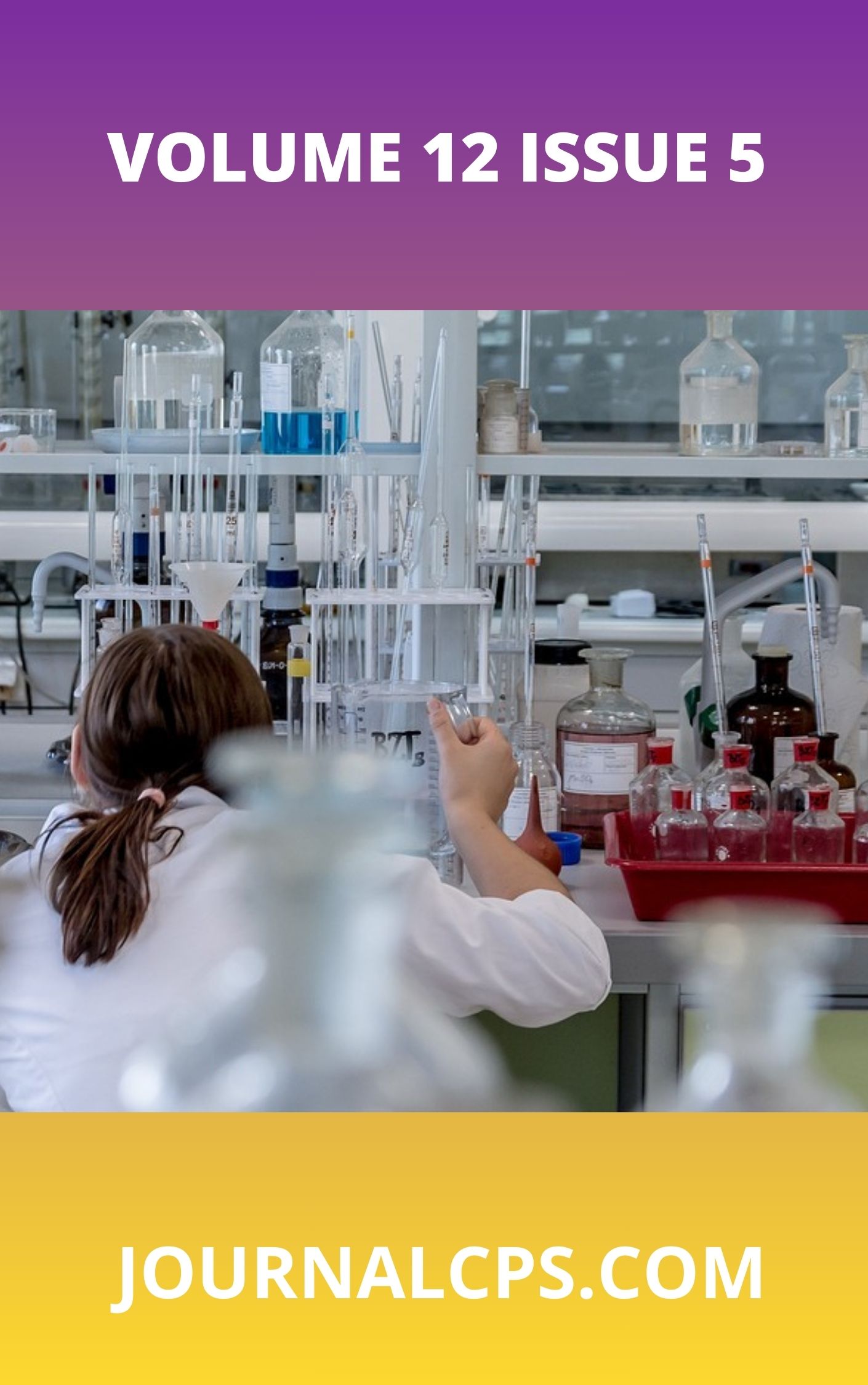Effect of Cerium on the Dielectric and structural Properties of Barium Titanate-based ceramics for multilayer ceramic capacitors
Keywords:
Barium titanate, Lattice Constant, Morphology, Dielectric constant, CeramicsAbstract
Cerium doped BaTi1-xCexO3 (x = 0.0, 0.15, 0.25) ceramics were synthesized using the sol-gel auto-combustion technique. Appropriate amount of the chemicals was dissolved in 100ml of distilled water in stoichiometric ratios to form an aqueous solution. The fine barium titanate precursor was pre calcinated in a digital controlled muffle furnace at 900°C for 5h. X-ray diffraction (XRD) pattern of the samples indicate the calcined samples present the formation of tetragonal crystal structure of BaTiO3. The diffraction peaks tend to have cubic symmetry due to Ce doping. the unit cell volume increases rapidly due to Ce doping This is attributed to the substitution of Ce ions at Ti sites, Fourier Transform Infrared Spectroscopy (FTIR) shows a strong absorption peak for pure BT powder is obtained at 484cm-1, 485cm-1 and 487cm-1 for (x = 0.0, 0.15, 0.25) respectively, hence the bond energy increases with increase in doping concentration. The Field Emission Scanning Electron Microscopy (FESEM) and Energy Dispersive Spectroscopy (EDX) prepared at 1,100 oC for 5 h shows a homogeneous particles size of about 50.77nm and 75.87nm for x = 0.00 and 0.25 respectively. With Ce doping, a more homogeneous grain size evolved with an increase in average grain size and density with increase in Ce doping concentration. The EDX spectra show the presence of Ba, Ti, Ce, and O. The result confirms that pure barium titanate is a dominant phase. There is an enhancement in dielectric constant in the sample with highest amount of Cerium (x= 0.25) characteristic of the copper sample, this is a good material for Multilayer ceramic capacitors.
Similar Articles
- Godwin James Udo, Emaime Jimmy Uwanta, Joachim Johnson Awaka-Ama, Emmanuel Etim Ubuo, Emmanuel James Ukpong, Raphael Igwe, Aniedi Etim Nyong, Nsikan Jackson Etukudo, Stephen David Okon, Bio/fossil fuels refining Appraisal of the Elemental distributions, SiO4 /AlO4 and Si/Al Ratios of Itu Virgin Kaolin , Communication In Physical Sciences: Vol. 10 No. 3 (2023): VOLUME 10 ISSUE 3 (2023-2024)
- Oyebola Olusola Olurotimi, Belewu Fatai Damilola, Balogun Rilwan Oluwanishola,, Adegboyega Anthony Babajide, Oyebode Daniel Oluwatimilehin, Exploring the Thermoelectric Potential of Trigonal MgS2: A Computational Investigation Using DFT and Boltzmann Transport Theory , Communication In Physical Sciences: Vol. 11 No. 2 (2024): VOLUME 11 ISSUE 2
- Isonguyo Michael Ukpong , Emmanuel Wilfred Okereke, Inverse Cube Root Transformation: Theory and Application to Time Series Data , Communication In Physical Sciences: Vol. 12 No. 3 (2025): VOLUME 12 ISSUE 3
You may also start an advanced similarity search for this article.




